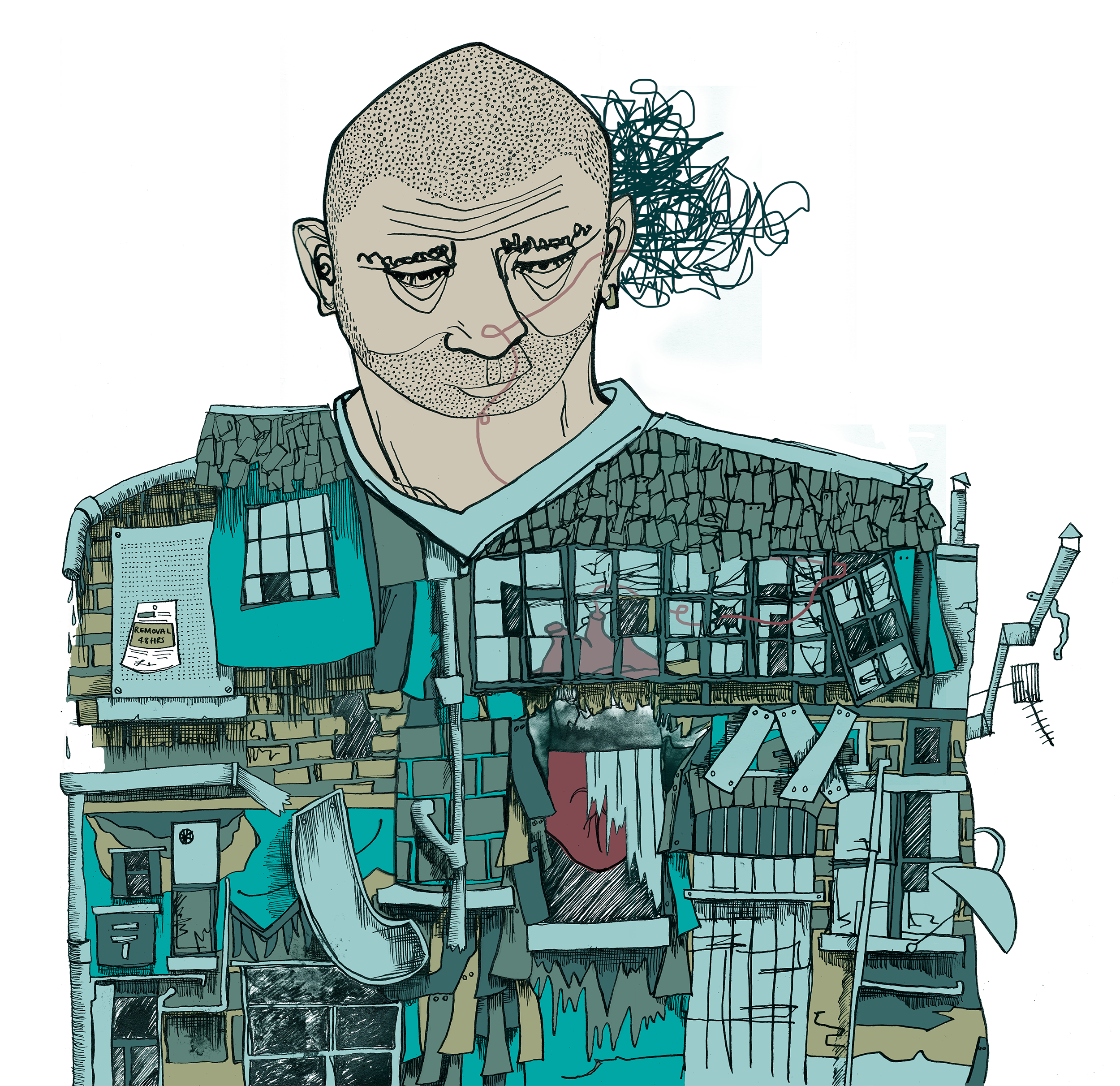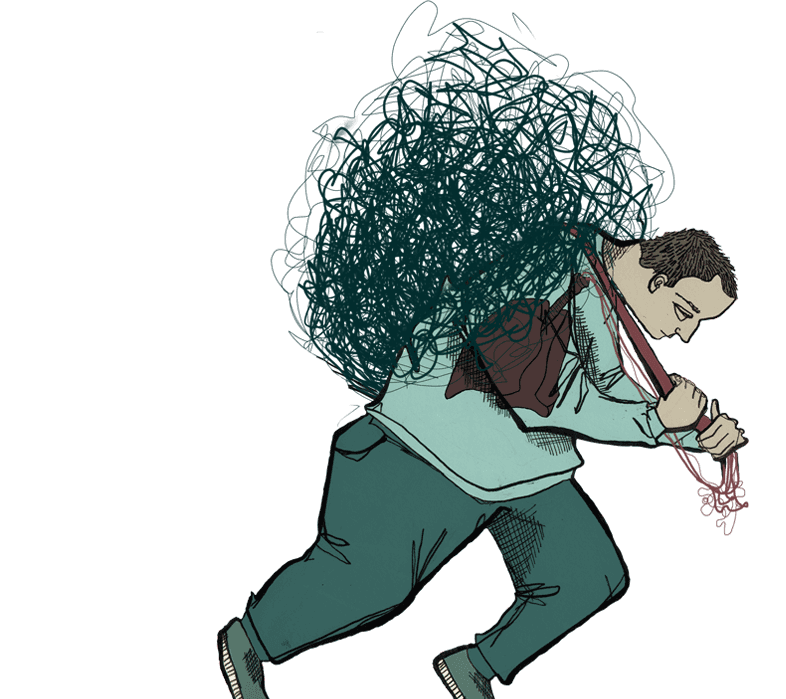FAQs: Conflict Resolution
Conflict can arise when there are disagreements over: views, values or actions and interests or needs are not being met. Conflict can also be an opportunity for change.

Some quick tips for resolving conflict
- Listen to the other person
- Try to imagine what it’s like for them
- Ask the other person questions about the reasons they have come to a certain decision
- Try to say things in a positive way
- Be creative when thinking up solutions
- Try to think of solutions that will benefit everyone
- Be honest
- Tell the other person how the situation is affecting you and how you feel
“Perception is at the core of all conflict analysis”.
(Wilmot W. & Hocker J. 2007, Interpersonal Conflict, The McGraw-Hill Companies, Inc.)
Perceptions
People have certain perceptions of their own thoughts and behaviours and they have perceptions of others' thoughts and behaviours. Most of the time when we make a judgment about a certain situation we are doing this through our own perceptions and forget to consider there is another perspective. Example:
Person 1
“She has completely shut down and won’t talk to me. I think she hates me”.
Person 2
“I really miss him but I don’t know how to explain this.”
We all have skills in conflict resolution. It can be helpful to think about different approaches to help negotiate a difficult time.
We can't agree on anything. What can we do?
Creative mutual problem solving
When we are in a disagreement it’s natural to think we are right and there is only one way to win. Try considering options where you both win. It may not be the most obvious answer but try to be creative. Example:
Person 1
“I want you to save some of your money instead of spending it all.”
Person 2
“I want to save up but I only get £10. How am I supposed to save any of that?”
Suggestion for a Win/win solution:
Person 1
“If you help out a bit more around the house I’ll give you some extra money.”
What's really going on?
Positions and interests
When a conflict begins it usually starts with someone’s position.
Example:
“I hate my little sister” (position)
“I miss spending time with mum, we never do anything together now” (interest)
They don’t understand. How do I get them to see my point of view?
Communication
Explain - help the other person to understand why something has happened or why you feel a certain way. When people say “just because” this shuts down the conversation and makes moving forward difficult.
How do I get them to listen to me?
Listen to them
The best way to get someone to listen to you is to make sure you have heard them and demonstrate this to them.
Example: “I understand the reasons you want me to stay on at school, I know you’re worried about my future, but here are the reasons I want to leave …”
How can we stop arguments spiralling out of control?
Reactions
Different people react in different ways to conflict. Our reactions are things we do as a first response e.g. fight back, shout, swear, give in, give up, shut down, run away, cut off contact, hide from the difficulty. The problem with allowing ourselves to continually react is that we lose sight of what’s actually important to us. Step back from the argument, allow yourself time to think about things. It’s ok to say “let me think about this.”
FAQs: Mediation
The mediation process provides a space for both parties to reach a shared understanding and develop their own solution for the situation.

- Is a gradual process
- Is voluntary - people try it because they want things to change
- Is private and confidential
- Provides a safe space and time for people to talk
- Helps people to listen to each other
- Provides an opportunity to talk about what is causing problems without blaming
- Gives space and time to try and understand each other’s point of view even if you don’t agree with it
- Builds agreements and a way forward that is acceptable to the people directly involved
- Are trained and experienced in assisting people to talk through their concerns and resolve disagreements
- Don’t take sides or decide who is right or wrong - they make sure everyone feels listened to and heard
- Ask questions that help you to think things through
- Assist people to begin to focus on the future and talk about what they would appreciate from each other to make things better
- Help people build trust, reach agreements and decisions that are fair, reasonable, practical and that are your own
Sometime we all need a little support to make relationships work, mediation can help to make that happen.
How does it work?
The mediator will meet with people individually and in private to talk about the things that are difficult at home or with your family. The mediator will help people to think about what would make things better for everyone and how they can make this happen.
What will they do?
A mediator will help everyone to say what they feel the difficulties are and most importantly what would make things better.
What else do they do?
Mediators will fully explain how it all works and you don’t have to do anything you don’t want to. They are not there to be on anyone’s side but they are there to help everyone say what is important for them.
What will I have to talk about?
Whatever you like. Mediators talk with people in a way that they are comfortable with. We’ve heard it all before so there will be no judgment from us.
What if I start but don't want to continue?
That’s fine. We just need to hear you say no. However, in our experience if you walk away when things are hard, they will probably stay hard.
Who is a mediator?
A mediator is highly trained and experienced in working with people who are experiencing conflict and can help you and your family talk about the stuff at home that’s difficult without taking sides or judging





